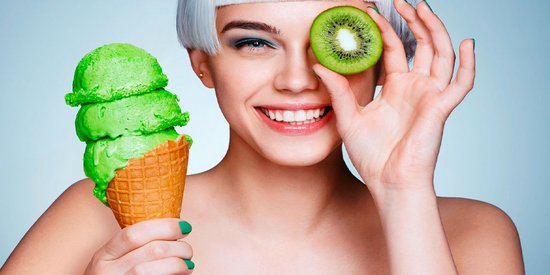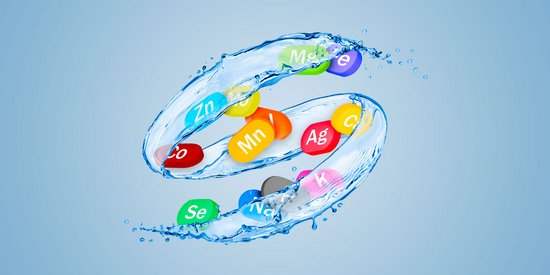So, we need to talk about the power of functional foods; yes, you know these super foods that we regularly include as part of our meals, and which contribute to the proper functioning and maintenance of our health.
Vitamin C, C-exceeded!
Before we start and present you with a non-exhaustive list of some of these foods, we are going to break a myth that is totally ingrained in our minds and confirm that our beautiful orange, so sweet and so juicy, is not the food which is richest in vitamin C.
My Vitamin C basket
We will therefore try to guide you and accompany you to help you fill your pretty basket which you will take to the supermarket! Of course if you are lucky to have your local farmer and or market gardener, then take your basket there also!
Many of us remain convinced that our food is healthy and that in addition, it will bring us all the vitamin C that is necessary for the proper functioning of our bodies. But that is not always the case.
Ok but how much?
According to ANSES (the National Agency for Food, Environmental and Occupational Health Safety), the recommended nutritional intake for men and women between the ages of 19 and 70 is 110 mg/day and it is therefore not necessary to overconsume..
However, some nutritionists recommend daily doses of between 500mg and 1000mg for full antioxidant potential.
The champion in all categories is of course acerola or Barbados cherries: 40 g of this small Brazilian cherry contain as much vitamin C as a kilo of oranges! That is 1,677.6 mg per 100 g.
Non-exhaustive list
Fruit/Vegetable Dose Quantity Vit C
Guava 125ml (1/2 cup) 199 mg
Red bell pepper, raw or cooked 125 ml (1/2 cup) 101-166 mg
Green pepper, raw or cooked 125 ml (1/2 cup) 54-132 mg
Papaya ½ papaya (150 mg) 94 mg
Kiwi 1 medium fruit (75 mg) 71 mg
Orange 1 medium fruit 70 mg
Mango 1 medium fruit 57 mg
Broccoli, raw or cooked ½ cup 42-54 mg
Brussels sprouts 4 sprouts 52 mg
Strawberries ½ cup 52 mg
Pineapple ½ cup 34 mg
Raw green peas ½ cup 34 mg
It would seem that our dear fruits and vegetables, allies of our health, have lost up to 75% of their nutritional value over the past fifty years; linked to degradation, due to, among other things, intensive agriculture and the use of pesticides. This is why food supplements are booming and can sometimes help to fill in the gaps.
Suggestion:
Bet on quality and not quantity by favoring natural foods as much as possible with a source that guarantees you, (if you can), no use of pesticides. It would be a shame to ingest toxic products when our approach is to be healthy.
You deserve foods in your own image...organic, seasoned, even interactional (permaculture). Consider seasonal fruits and vegetables and also whether it is worth choosing some organic produce. Choose carefully, you are what you eat!









